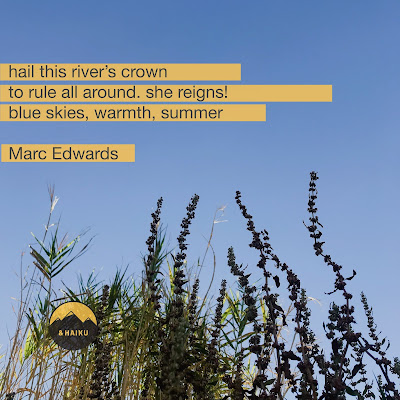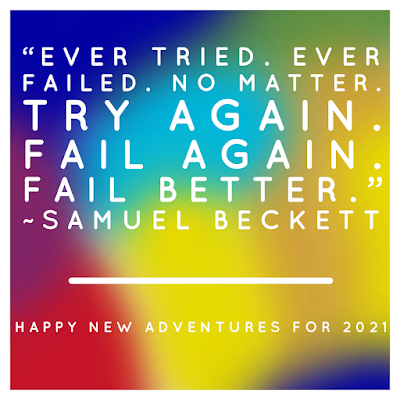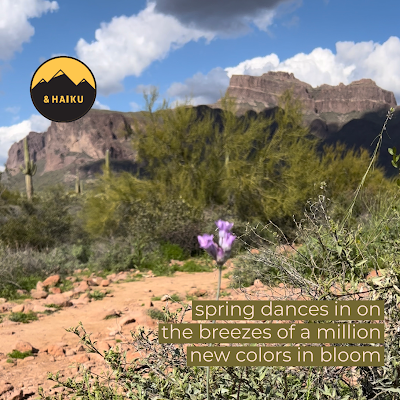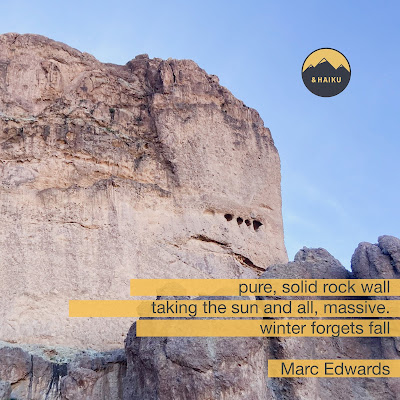Haibun: Wounded Healer
With Easter here, often brushed aside, is the idea of Jesus as the wounded healer: the one with scars and the one who heals out of his wound.
For a while I’ve suspected that our culture pushes this concept aside because more important than Jesus are the ideals of conquest, imperialism, winner take all, and especially the benefits of the patriarchy. But Jesus, broken and using that brokenness to empower, instead of to control and dominate, seems at odds with a grieving and fearful American Evangelical tribe.
But I’ve found in dealing with some of my shame that when it is behind me, when I’m manipulated and controlled by that specific event of the past, I can see and understand someone in that same space. Sometimes that person just needs to be seen, to be known and to be loved. They don’t need protection, they don’t need a knight on a white horse to come save them, instead they need someone to see them and guide them from their own wounded past. Not to take away the pain, but to take away the loneliness of that harsh path.
So I celebrate the wounded healer. I celebrate the imperfect cactus made home for the bird and the mouse. I celebrate the woman who is confident in her body even if the status police use it against her. I celebrate the “prophetic black voice” (as Dr Cornel West calls it).
The wounded healer shows up in a trans voice, a gay voice, a kid who was picked on growing up and shook that shame off. It is the death, burial, and resurrection. It is the life in spring coming to winter was. It is forgiveness and liberation inside.
The wounded healer in this Easter message isn’t about perfection, the wounded healer is the freedom from perfection. That is a radical salvation that really draws me.
perfection’s long gone
cactus of birds drawn, so many
springs shake as a fawn








